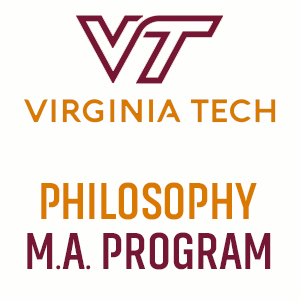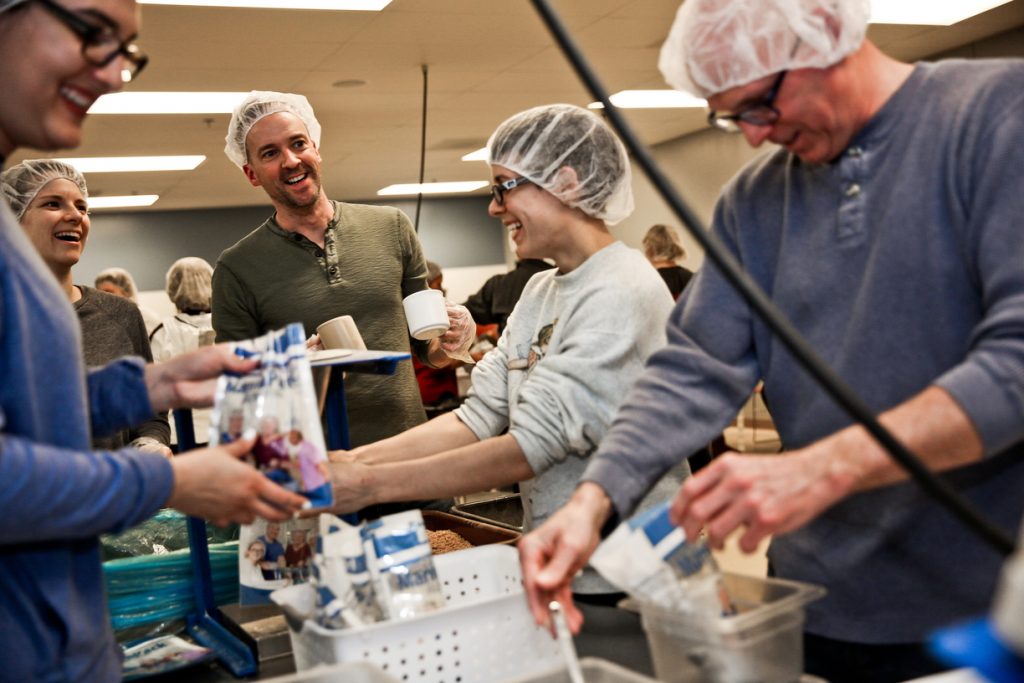
The students in my “Philosophy of Food” course are expected to complete at least 21 hours of community-engaged service during the course of the semester. Service activities include:

In this brief video, he and his students talk about the benefits of this kind of coursework:
In addition to the above activities, which we all perform together as a class, students are expected to identify a food-related issue/problem they are passionate about and spend at least 5 hours working on a project designed to address that problem.
• Volunteering at Feed My Starving Children
• Planting seeds in NIU’s greenhouse
• Working in NIU’s Communiversity Garden
• Preparing and sharing a vegan dish at the end-of-the-semester Sustainable Supper
Do you make use of service-learning, civic engagement, or other hands-on projects in your philosophy courses? Let us know about them. Are you trying to figure out how to make use of these teaching tools for a particular philosophical subject? Let’s hear about it. Discussion welcome.
The Engaged Philosophy website is a useful resource for those interested in bringing service learning and civic engagement into their courses, with information about various service learning projects, sample syllabi, other interviews, and more.
Students “gain a deeper understanding of and appreciation for the practical significance of philosophy. They also gain a sense of empowerment” from the work, Professor Engel says.
Mylan Engel (right) and his Philosophy of Food students packing food at Feed My Starving Children (photo via Engaged Philosophy)
Professor Engel, who teaches courses in, among other things, animal ethics, environmental ethics, and philosophy of food, makes use of service-learning in his instruction. He says:
That’s Mylan Engel, professor of philosophy at Northern Illinois University, in an interview at Engaged Philosophy (previously).
[embedded content]
“Moral problems, like global and local food insecurity, aren’t just abstract problems; they are practical problems with practical solutions. It’s important not just to present students with the problems, but also to empower them with real-world actions they can perform to help alleviate these problems.”
You can learn more about the service-learning projects and lessons Professor Engel uses in the full interview.





